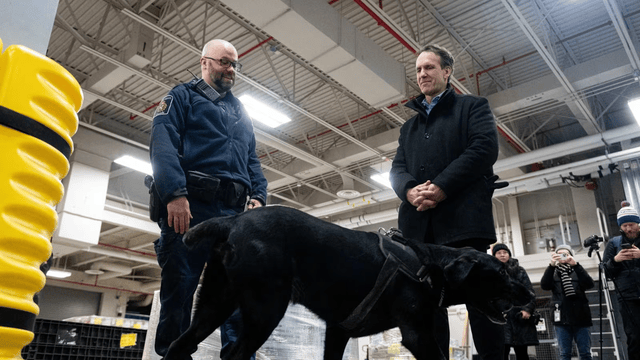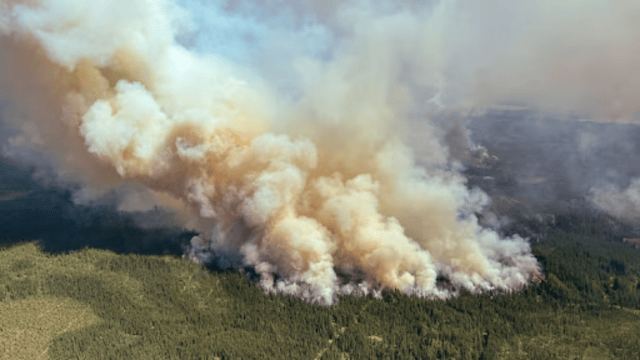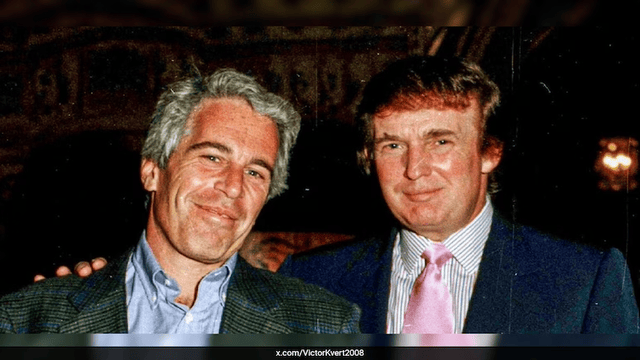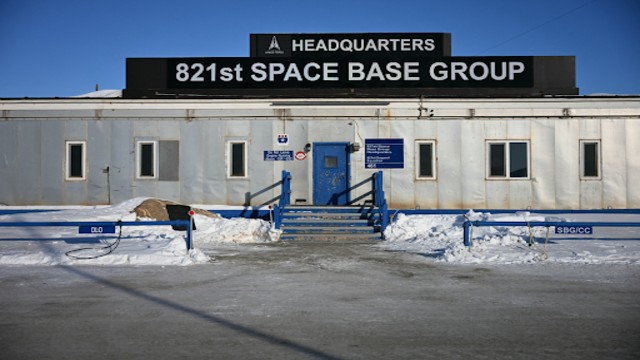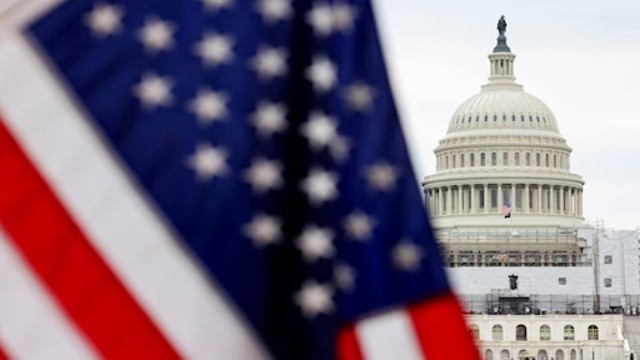
Conservative Leader Pierre Poilievre addresses a rally in Trenton, N.S., on April 23. REUTERS
Elections Canada is ready to handle a large and unusual ballot in the Ontario riding where Conservative Leader Pierre Poilievre is running for re-election. Poilievre is facing intense competition, especially from Liberal candidate Bruce Fanjoy, who is pushing hard for support. However, the real challenge comes from a protest group called the Longest Ballot Committee.
This group has convinced dozens of independent candidates to join the race, alongside the main party candidates. The protest group is against the current first-past-the-post voting system and wants to raise awareness for electoral reform. By registering so many candidates, the group has made the ballot unusually long and complex, which could delay the counting process.
Elections Canada has taken steps to manage this situation. The ballot for the Carleton electoral district is larger than usual. It has two columns, with the names of candidates listed alphabetically. A similar two-column format was used in the 2024 by-election in Lasalle–Emard–Verdun, which also saw 91 candidates on the ballot.
To help voters, Elections Canada will provide a large-print list of candidates on election day. For those with visual impairments, a braille template has been adjusted to fit the two-column ballot. Election officials have been trained in a new folding method to ensure the secrecy of the vote is maintained.
The size of the ballot is also a concern. It is much larger than normal, which means more ballot boxes will be needed at polling stations. Elections Canada estimates that each ballot box will only hold about 100 ballots. This will require more space and resources to handle the volume of ballots during voting.
The long ballot may also affect the speed of the voting process. Elections Canada warns that it could lead to longer wait times at polling stations. The results in Carleton may also take longer to report. Voters should be aware that the larger ballot could also result in more spoiled ballots, meaning some ballots may not be counted due to mistakes made while voting.
Despite these challenges, the election has already seen high voter turnout, especially in advance polls. A new record was set for early voting, with an estimated 7.3 million people casting their ballots ahead of election day. This is a 25% increase from the 2021 federal election, showing that Canadians are highly engaged in the political process.
As Poilievre battles with a crowded field of candidates, Elections Canada is working hard to ensure that voters have the tools and support they need. The agency is committed to making sure the election runs smoothly, despite the unusual challenges posed by this massive ballot.



